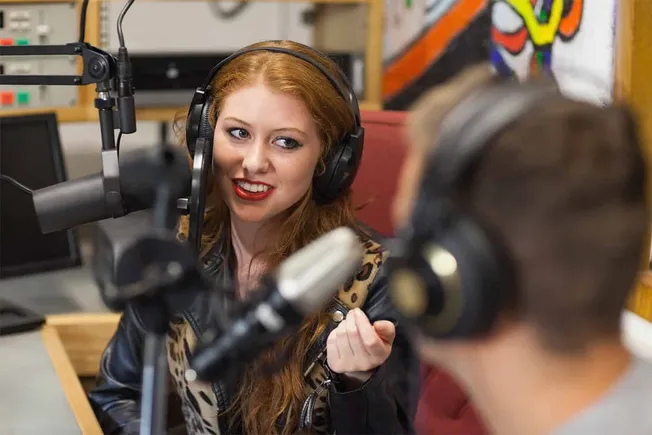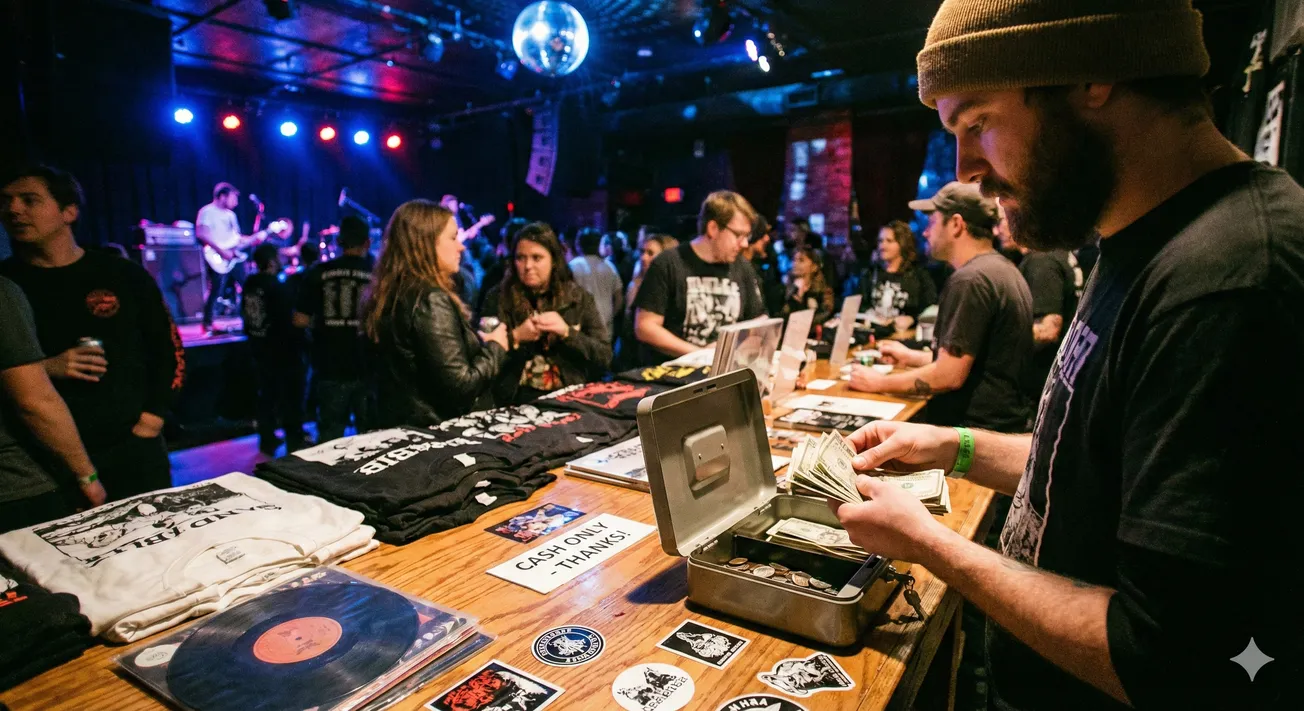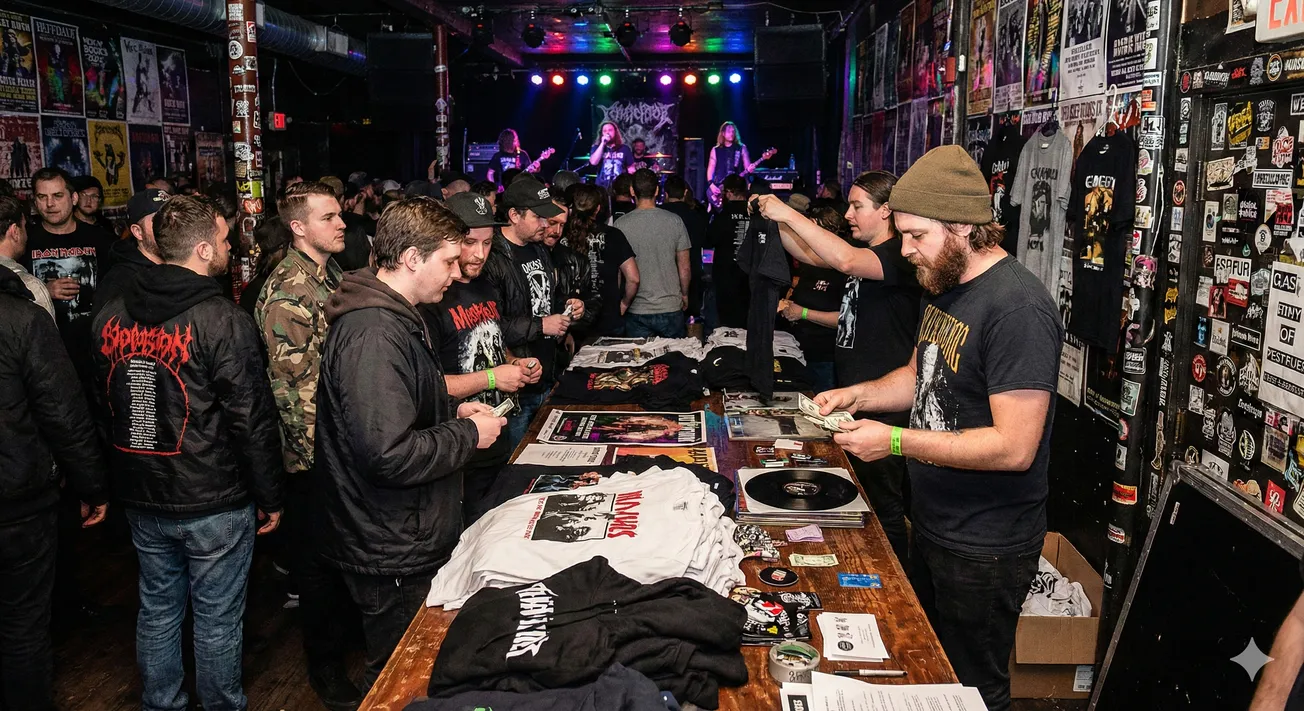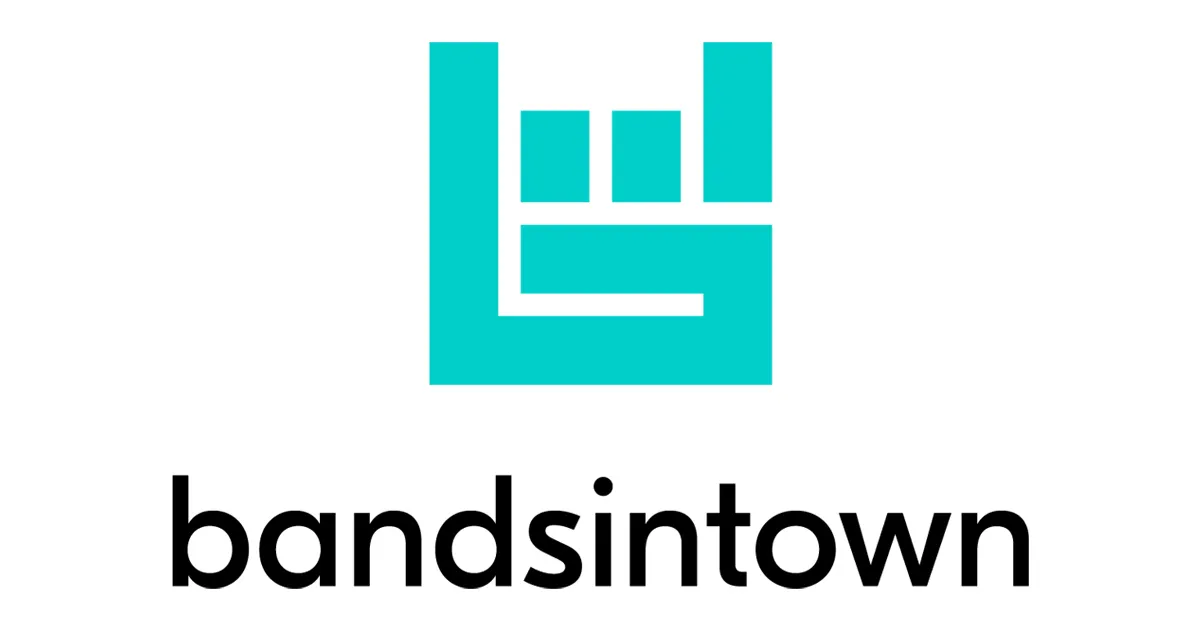As an independent musician, interviews can be a great opportunity to offer audiences a peek behind the curtain at who you are as an artist, and why you make the music you do. That said, interview can also be easy to bomb – here we look at five key tips to keep in mind the next time you’re offered an interview opportunity.
Guest post by Erica D’Aurora of the ReverbNation Blog
If you’re a musician doing your own PR, it’s likely that you’ve requested—or been offered—interview opportunities on a variety of blogs and other industry publications.
Whether it’s conducted over email, phone, or video, an interview is an exciting opportunity for you to share more about your music, and to show your audience a new side to who you are, what drives you, and why you make the music you do.
But it’s also important to keep a few things in mind during each interview you have the chance to participate in. The following are some tips to help make your next interview your best yet.
1. Stay on topic
More so with phone or virtual interviews than with email interviews, it can be incredibly easy to veer off-topic. We often do this naturally in everyday conversation, so of course it can happen just as easily in more formal situations. Especially when we’re nervous. But if staying on topic is something you struggle with, you’ll find that with practice, you’ll keep getting better at offering focused responses that are both engaging and informative.
My best advice for staying on topic is to listen to the entire question before answering, and don’t feel like you have to answer right away. If you’re not sure how to answer, you can take a few moments and collect your thoughts, or ask the interviewer to clarify the question. No respectable journalist will fault you for taking your time to give a thoughtful response. In fact, the more thoughtful and intentional the answer the better!
2. Provide original answers to the questions you’re being asked
i.e. Don’t copy and paste your answers for multiple email interviews
This is something that I emphasize with all of my PR clients. You’ll often find that you’re asked repeat questions between interviews. Five different blogs might ask you what the inspiration was behind your latest single, or how you developed the concept for your new music video. But as tired as you may get of answering the same question over and over again, it’s never okay to copy and paste your answers to those questions between publications. For one, your fans will catch on pretty quickly, so it’s not fair to them to be reading the same material over and over again when they’re looking for new information about you and your projects. And two, it’s not fair to the publication to receive the exact answers that a handful of other outlets have probably already shared. So try to find a new angle for answering those repeat questions. For example, if you focus on the technical side in one, explore the emotional side in another.
It’s so important to start developing relationships with publications as early as possible, especially when you’re just beginning your music career, and one of the best and easiest ways to do that is to make sure you are personalizing your answers to their questions. Imagine if the roles were reversed and you were the one doing the interviewing. Wouldn’t you want to be able to share exclusive information with your readers?
3. Your answers shouldn’t be too short or too long
As a writer, there’s nothing worse than putting time into coming up with interview questions for an artist to then receive one-sentence answers back that aren’t informative or helpful for crafting your story.
Interviews help you build your brand, so why sell yourself short? Even if you think the question only requires a one-word answer (and this is hardly ever the case), if your answer is too concise, you’ll give the impression that you don’t care about the interview. But if your answers are too long, unless they’re true fans of yours, many people are likely to skim right over them.
You might remember during your school days when the teacher would tell you that your test answers or essays should only be as long as necessary to get your point across. Meaning, you shouldn’t have been writing a long-winded answer filled with fluff just for the sake of taking up space on the page. Instead, the goal was to answer the question correctly and sufficiently, and it’s best to heed the same advice during your interviews.
4. Always treat the interviewer with respect

This is more crucial when it comes to virtual or in-person interviews, but it should also apply to email interviews in regard to the tone you’re using to communicate with the publication and when you’re answering questions. Even if you don’t like the question you’re being asked, it’s important to respect the person interviewing you and the fact that they took the time to sit down with you in the first place.
Interviews are an excellent way of forming new connections, and that’s what the music industry is built on. So if you don’t want to put the time into fostering those relationships, you won’t be doing yourself any favors. Not to mention, especially with smaller publications, many writers are just starting to hone their interview skills, and they’re probably just as nervous as you are! Plus, you never know what other (and potentially bigger, more established) publications they’ll move on to in the future. Oftentimes bloggers and new artists grow together—as you experience success you’ll find many of those writers will be moving on to the renowned outlets that you’ll want to be featured in, so it’s important to not only form those relationships but to continue to maintain them through the years.
5. Share the interview once it’s published
This is something that I cannot stress enough, and it’s something that I will shout from the rooftops for as long as I am an active participant in the music industry. Once your interview is posted, it’s critical that you share it on your social media accounts for a number of reasons, with the most obvious being that it helps share the news about your latest projects.
But another reason that often gets overlooked is that by sharing the interview, you’re showing your support and gratitude to the outlet that took the time to talk to you. Despite popular belief, features actually aren’t a one-way street. The publication is helping you by covering you and sharing your music with their audience, and in exchange, they get exposure to your audience. When you don’t share your interview, it can be insulting to the writer because they have taken the time to write about you, and more often than not they were likely unpaid for their work. So when you do share your interview, you are not only nurturing a positive connection, but you’re also keeping the door open to be interviewed again in the future.
Interviews can be intimidating when you’re just starting out, but these simple tips will go a long way in helping you make the most of the opportunities you’re offered in the future.
Erica D’Aurora is a senior publicist with Muddy Paw PR. She finds her greatest joy in helping artists achieve their dreams.





